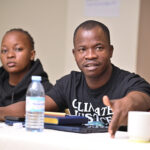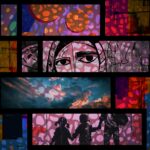This article was published more than 5 years ago.
Abdul Manaff Kemokai doesn’t just work with children–he works for children.
As the executive director of Sierra Leone’s chapter of Defense for Children International (DCI-SL), Manaff is a tireless defender of children’s rights. Since 2001, Manaff and his team at DCI-SL have provided legal assistance and social support to child victims, often of domestic violence or sexual abuse, and children accused of committing crimes, who are regularly denied their rights in the criminal justice system.
Beyond their work at the local level, DCI-SL has also played an important role advocating for the rights of children internationally. The Fund has been proud to support this vital work since 2005.
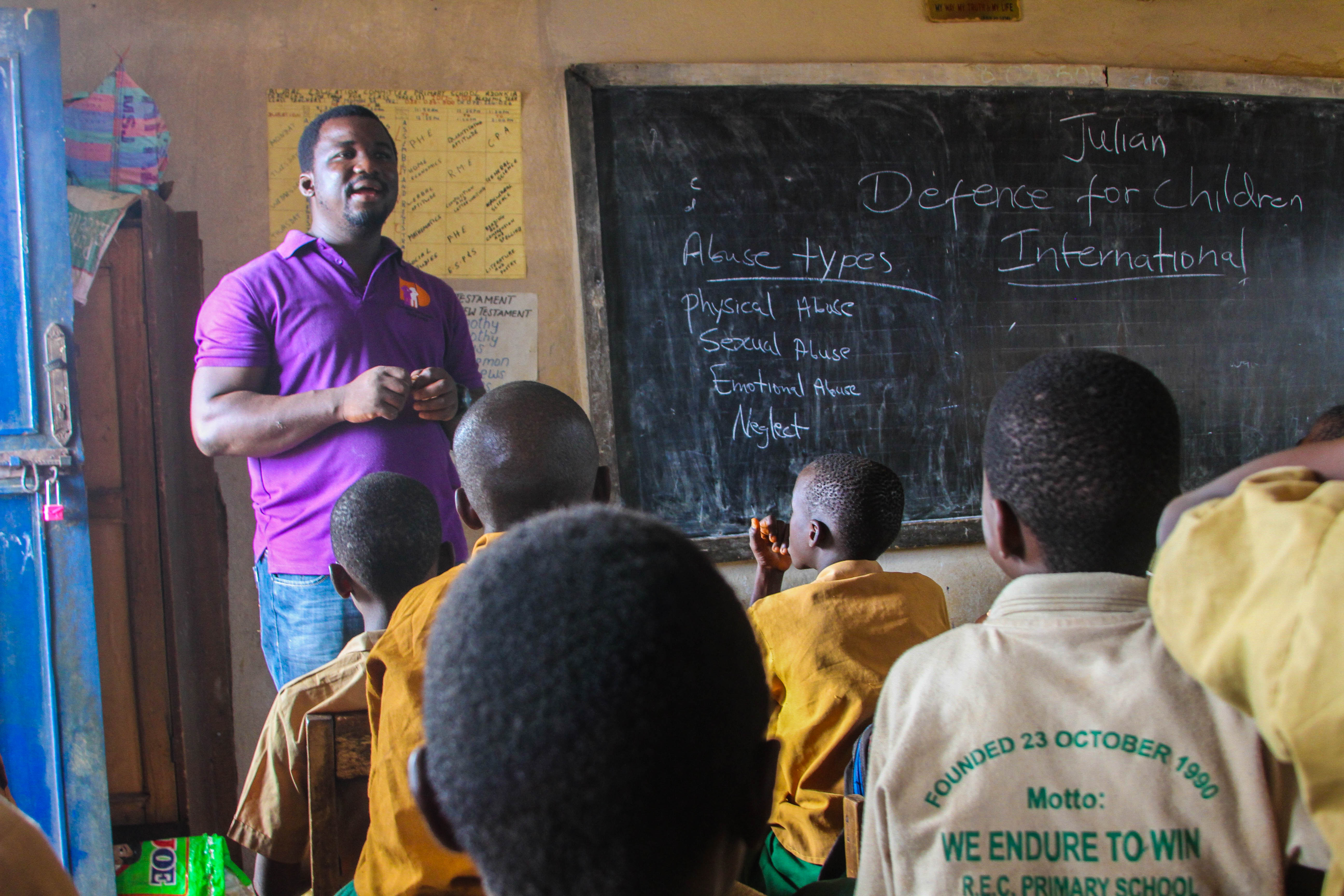
One of the most critical issues facing children in West Africa is the threat of cross-border trafficking.
Along with Liberia, Guinea and Côte d’Ivoire—known as the Mano River Union (MRU) countries—Sierra Leone is a major source, transit, and destination country for trafficked children, as young boys and girls are manipulated for forced labor, servitude, and sexual exploitation.
“The main problem is that the protection system is weak,” says Manaff.
Porous borders between MRU countries allow traffickers to operate with impunity. And governments in the region have done little to enforce domestic anti-trafficking provisions. At the time of writing, Sierra Leone has not convicted anyone of a trafficking offense since 2011, although a number of cases are currently going through the court system.
“Our governments sign these treaties, but they don’t have systems in place to combat and train and educate their people about the treaties they have signed,” says Manaff. “We are there to bridge this gap.”
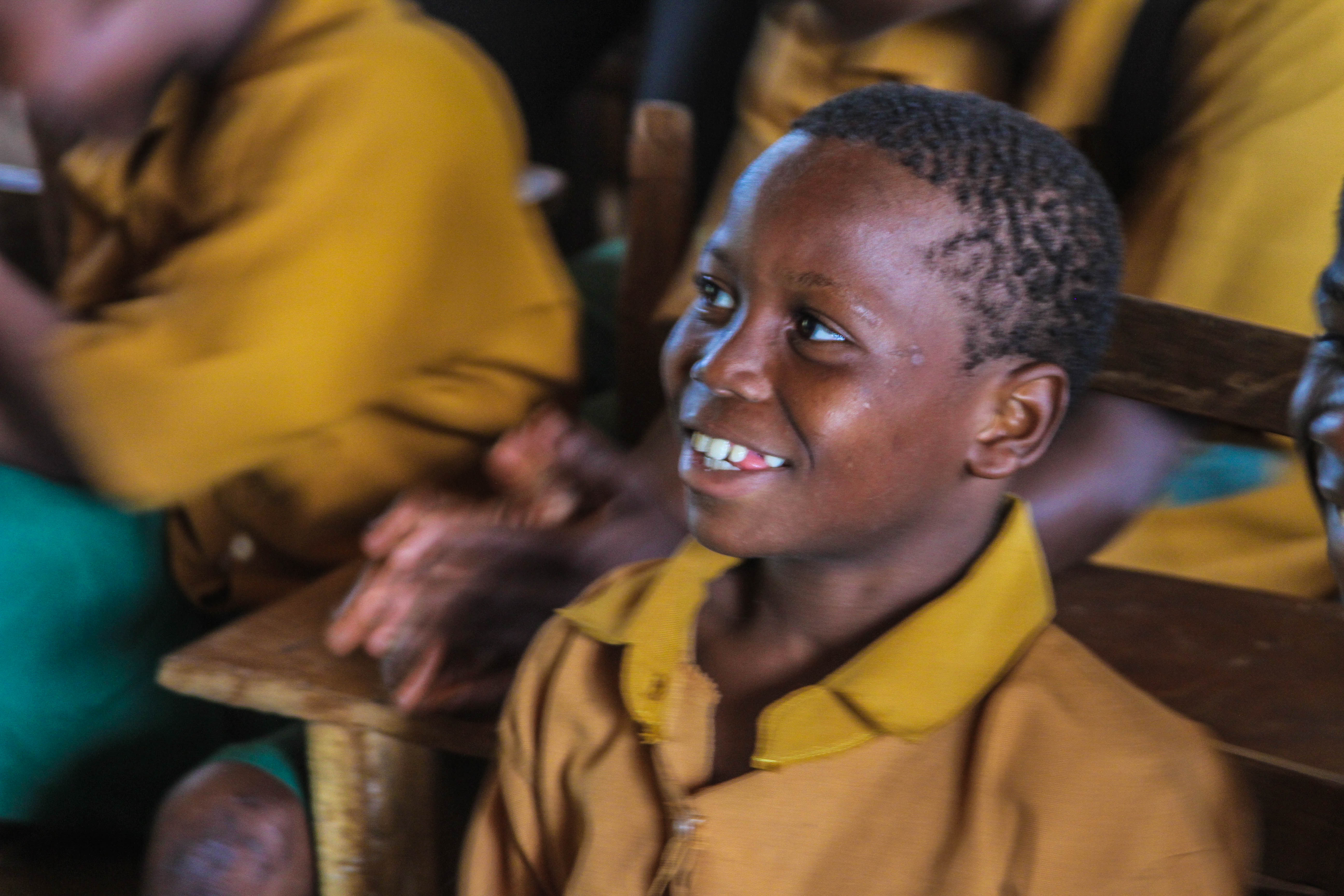
With support from the Fund, DCI-SL is partnering with other children’s rights organizations in the Mano River region of West Africa to combat cross-border child trafficking. Together, the organizations work with border communities to build capacity and local ownership of the fight.
One critical aspect of their work has been facilitating the development and implementation of standard operating procedures for border officials. Unprepared and undertrained, border officials didn’t know how to spot the tell-tale signs of child trafficking. And unable to offer trafficked children basic necessities, like food or a place to stay while their cases are investigated, officials are often forced to make snap decisions.
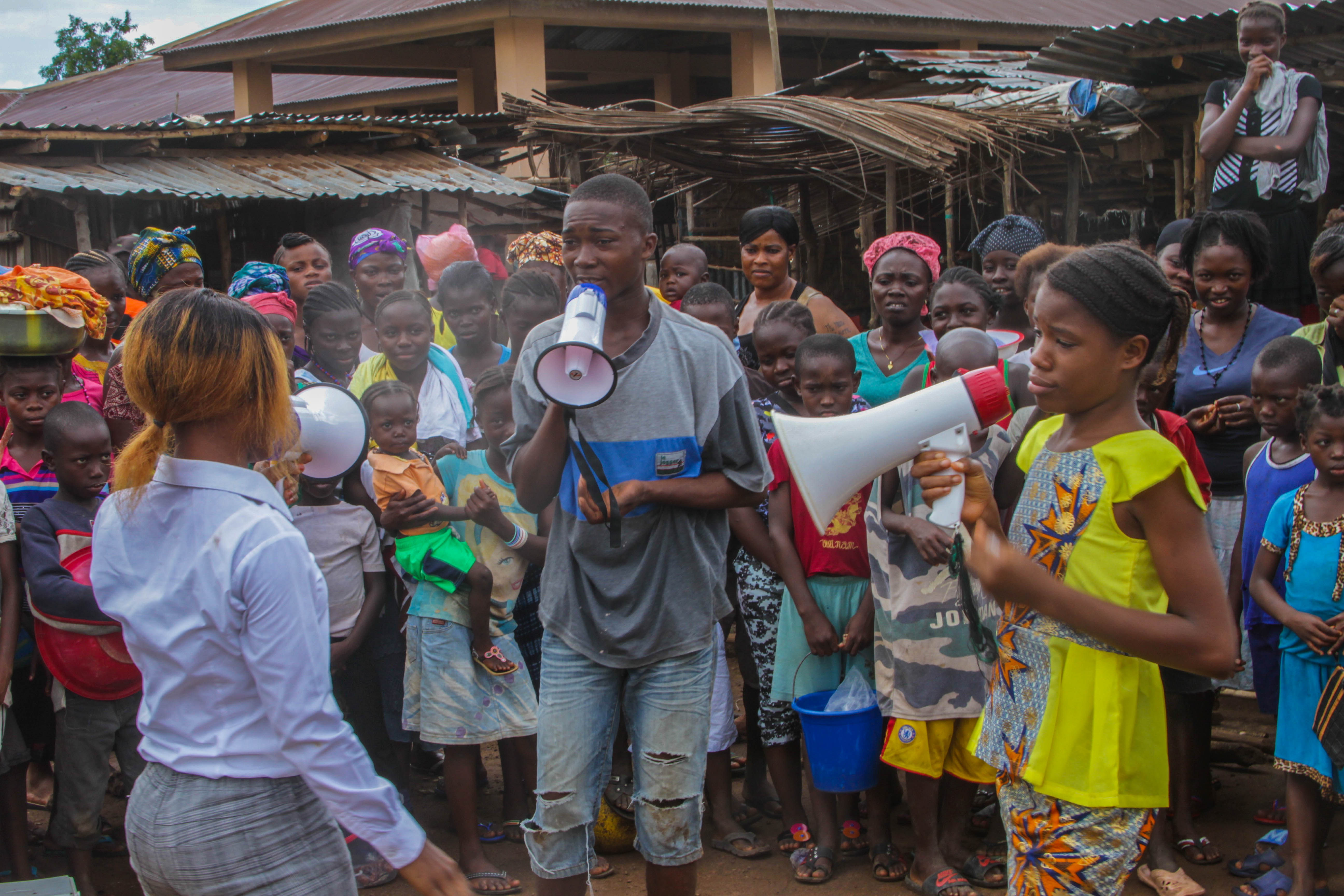
With the Fund’s support, Manaff and his partners have trained more than 250 law enforcement officials, local community leaders, youths, and motor taxi drivers on how to identify, support, and reintegrate trafficked children.
Those trainings have had a tremendous impact. Shortly after one session, a woman brought six children she claimed to be relatives to the Liberian border, where she asked motor taxi drivers to ferry them across without her. Having recently been trained to identify victims of trafficking, the Driver’s Union instead alerted the authorities. Police arrested the woman and returned all six children to their waiting families.
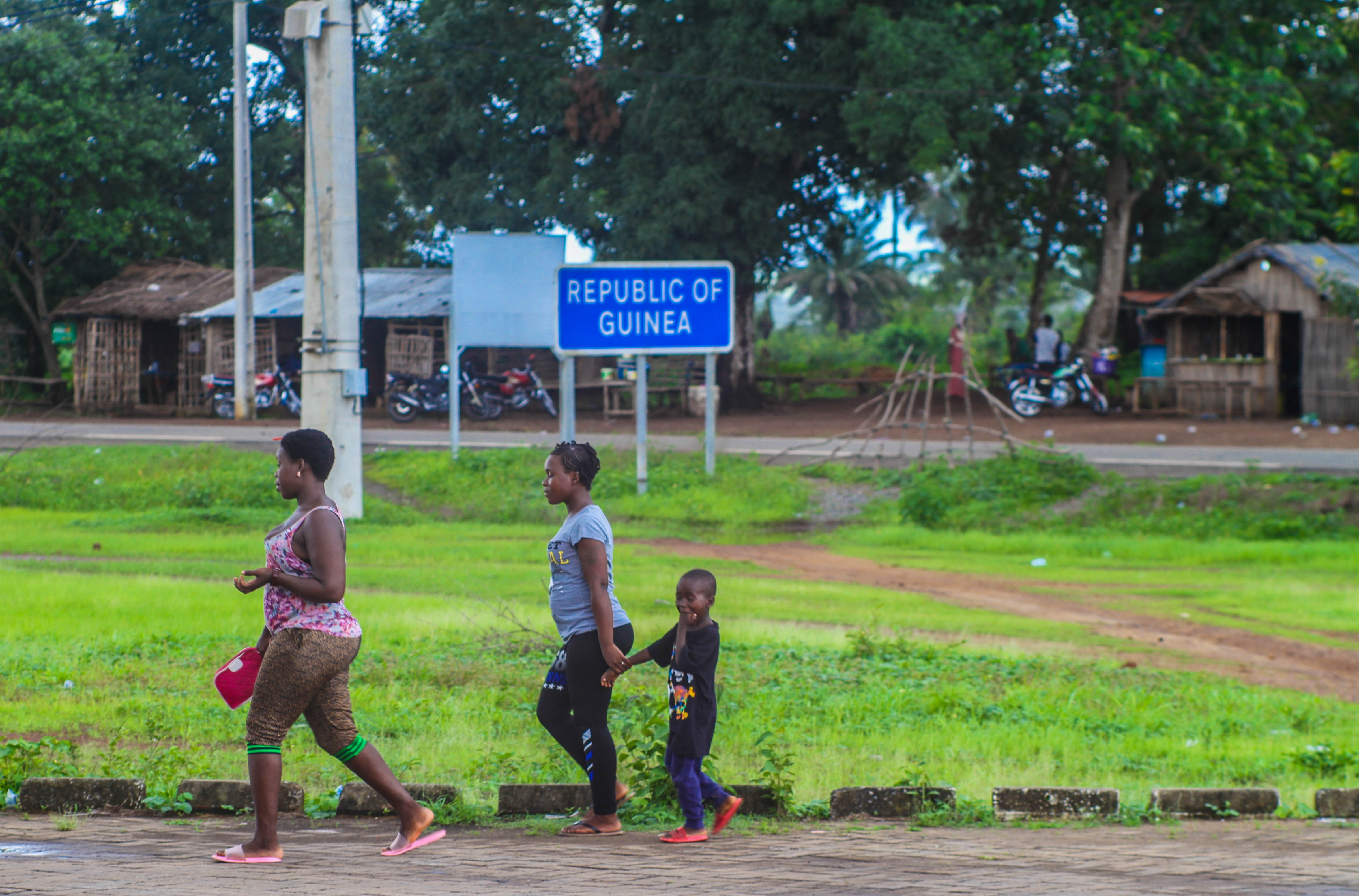
Because so much trafficking occurs across borders, Manaff emphasizes that engaging the international community and fostering cross-border collaboration is essential. “Bilateral cooperation is really key in addressing children on the move and trafficking,” he says.
But, as Manaff is quick to explain, getting government representatives in a room isn’t enough to ensure real progress. “If you want to do this effectively,” he says, “you really have to work at the grassroots level.”
“The support of the Fund has really allowed us to address issues at the grassroots level,” says Manaff. “The flexible support allows us to provide different services, like legal or case-by-case social services.”
Work remains to improve and implement anti-trafficking controls. But Manaff is up to the challenge. “Our focus,” he stresses, “is justice for the children.”
More than ever, we need courageous, determined activists like Manaff, who give us hope that we can protect the most vulnerable members of society and end child trafficking.
Learn more about our #HopeInAction campaign.


